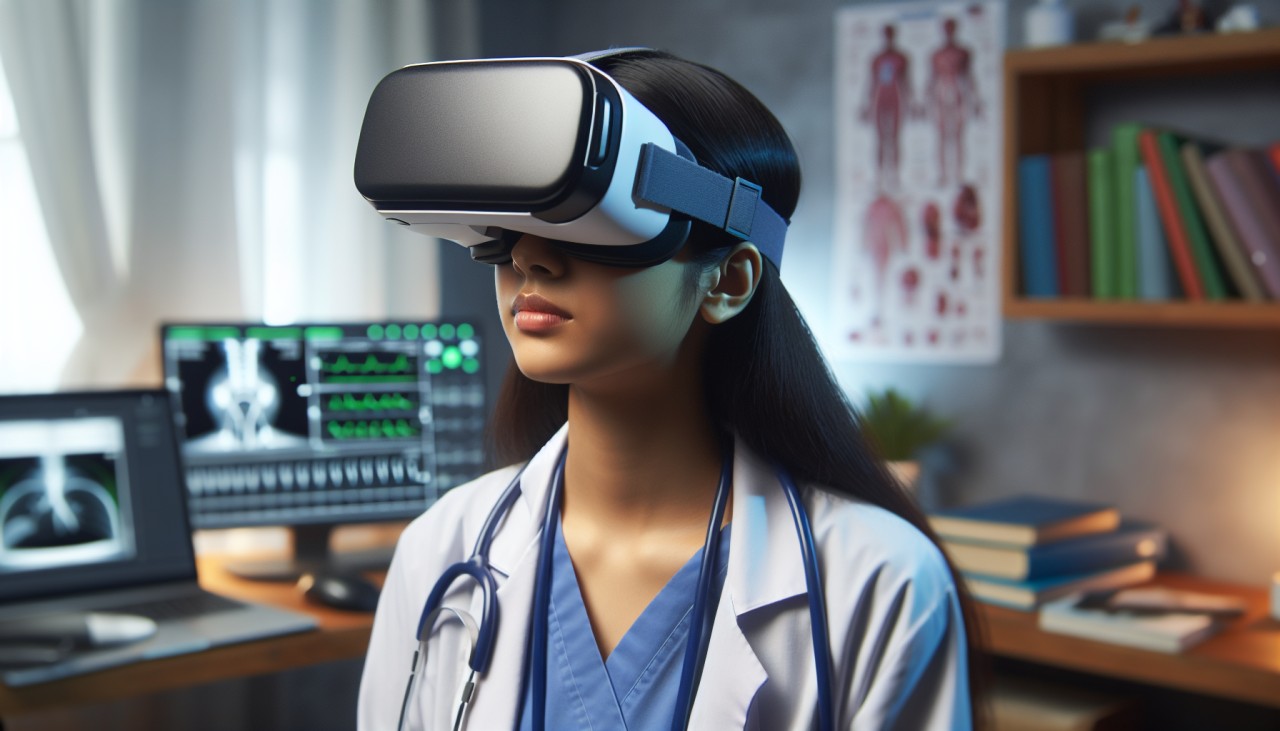A recent study from the University of New England (UNE) has unveiled a groundbreaking method to enhance empathy among healthcare students: virtual reality (VR) training. Published in Gerontology & Geriatrics Education, the research focused on physician assistant (PA) students and their ability to connect with patients' experiences. The VR program, known as the "Alfred Lab," immerses students in the perspective of a 74-year-old African American man with vision and hearing impairments. This immersive experience allows students to navigate daily challenges from the patient's viewpoint, fostering a deeper understanding and compassion. The study found that both head-mounted display (HMD) VR and streamed VR modalities led to significant increases in empathy levels among participants. Notably, even when traditional VR headsets were unavailable, the streamed VR approach proved equally effective, highlighting the versatility and accessibility of VR as a training tool. une.edu
The implications of this research are profound, suggesting that VR can be a transformative tool in medical education. By stepping into the shoes of patients, especially those with specific challenges, students can develop a more nuanced and compassionate approach to care. This method addresses the longstanding challenge of cultivating empathy in healthcare professionals, offering a scalable and impactful solution. As the healthcare industry continues to evolve, integrating VR into training programs could bridge the empathy gap, leading to improved patient outcomes and more compassionate care. une.edu
Key Takeaways
- UNE's study demonstrates VR's effectiveness in enhancing healthcare students' empathy.
- The "Alfred Lab" VR program immerses students in patients' perspectives.
- Both HMD and streamed VR modalities significantly increase empathy levels.
- Even without traditional VR headsets, streamed VR is an effective training tool.
- Integrating VR into medical education can lead to more compassionate patient care.
Example
To incorporate VR into your daily routine and enhance empathy, consider using VR applications designed for perspective-taking exercises. Platforms like Oculus offer experiences that allow users to step into various scenarios, fostering a deeper understanding of diverse experiences. Additionally, mindfulness practices, such as those offered by apps like Headspace, can complement VR training by promoting self-awareness and emotional regulation. By dedicating time each day to these practices, you can cultivate a more empathetic approach in both personal and professional interactions.
